Justice Mansoor questions intentions behind petitions challenging NAB amendments
Justice Mansoor Ali Shah questioned whether petitions against the amendments in National Accountability Bureau law hade been made in ‘good faith’ as the Pakistan Tehreek-e-Insaf had not contested them in parliament.
A three-member bench of the SC resumed the petition on Friday. The bench included Chief Jsutice Umar Ata Bandial, Justice Ijaz ul Ahsan and Justice Mansoor Ali Shah.
While arguments over many aspects of the law, including Mutual Legal Assistance, were presented, the proceedings also included a lengthy debate on whether reviewing the amendments was a matter for the parliament.
Jusitce Bandial remarked that corruption was dangerous for the society but the law had been misused, particularly against businessmen.
Justice Ijaz ul Ahsan questioned if people implicated in NAB cases could amend laws themselves.
However, Justice Mansoor Ali Shah said that elections were aropund the corner and parliament and judiciary should be allowed to work in their own domains.
Justice Shah added that when the parliament was relected, it would review the law. He also added that if someone had made the law for their personal benefit, the people would not vote for them again.
He also questioned why the PTI had left parliament instead of opposing the law in the house. He said that it was the appropirate forum to fight the law but PTI had abandoned its constituencies.
Mutual Legal Assistance
The Supreme Court of Pakistan remarked on Friday that Swiss cases against Asif Ali Zardari were not closed because of a lack of evidence but because they had gone beyond their time limit.
The proceedings began with Imran Khan’s lawyer Khawaja Haris beginning his arguments. However, Chief Justice Umar Ata Bandial called up the Makhdoom Ali Khan, the government’s lawyer, for a question.
Justice Bandial told Khan that the provision for Mutual Legal Assistance had been removed from the law which would mean that getting evidence from abroad would cost extra money. The chief justice also remarked that any record that FBR obatined from outside the country was not admissible as evidence.
Makhdoom Ali Khan said that the onus to prove that evidence recovered from the accused had any effect was on NAB as well. He added that NAB was supposed to prove the veracity of evidence brought from abroad. He said that courts had to decide cases by looking at evidence and they had not admitted evidence in the Swiss cases against Zardari either.
To this, Justice Ijaz ul Ahsan replied that the Swiss cases were not closed due to a lack of evidence but because they had gone beyond their time limit.
The chief justice also asked the government’s lawyer if the constitution protected the rights of petitioners. Khan replied that the constitution only mentioned right to fair trial and rights of the accused.
This story is being updated.




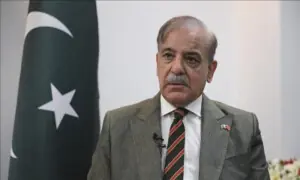



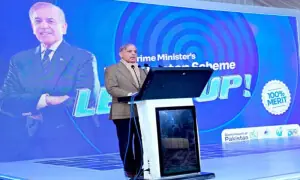


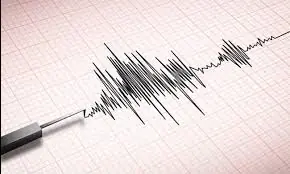
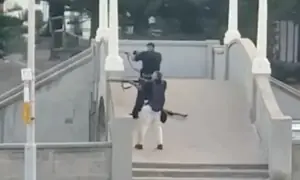
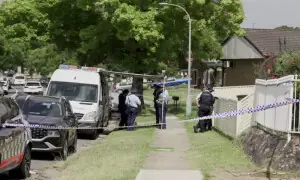




Comments are closed on this story.